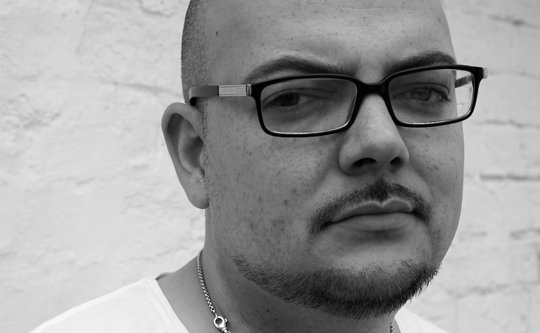
What inspired you to write crime fiction?
I’ve been obsessed with all kinds of story-telling for as long as I can remember but it was when I discovered the crime genre that I really discovered what a page-turner was all about. There’s something about the structure of the crime novel that appeals. It’s got a very specific structure, which you can then improvise around. Essentially, you have aberration, then investigation, then redemption and restoration. From that basic spine you can do a lot. My own experiences as a journalist have rather dictated that as an author I gravitate towards crime, as that’s what I know a bit about, though I do think that crime fiction is a very broad church and that there are lots of sub-genres within it. I hope that if you took the crime element out of my work you would still have something that looked a little like literature. What I mean is, you can still write well and use a little poetry and insight when you’re writing about why somebody killed somebody else.
Are you a crime fiction reader? Who are your favourite authors?
I’m an avid crime fiction reader. It was Her Majesty Agatha Christie who got me started when I was a kid but these days I read a wide variety. My favourite? Probably John Connolly but there are so many amazing talents it’s hard to say which I would pick if I wasn’t allowed any others. I’d recommend people like Stav Sherez and Steve Mosby for those who like some beauty in their description of grisly things. Ian Rankin, Mark Billingham, Val McDermid and Peter James do plot and structure brilliantly. Neil Cross and Simon Lelic create atmosphere like nobody else. Mari Hannah and Martyn Waites do characters tremendously well. So after all that, I’m going to say Reginald Hill.
I moved to Hull as a journalist so I’ve kind of always viewed it through that lens. It’s a city I have a complicated relationship with. It’s a poor place. It has high unemployment, high crime and low educational attainment. But at the same time it’s architecturally quite beautiful and has a history that fascinates me. Its problems aren’t its fault. When the trawling industry was sold, Hull’s fortunes died and an industry that used to provide jobs for so many people suddenly vanished. Hull’s never quite recovered from that. That makes it a great canvas on which to write the kind of books I always wanted to write. There’s a poetry to that washed-out, desolate and faded beauty. It lends itself to the atmosphere I always wanted to create in my work. It’s a place I want to see thrive but I’m bloody glad it’s not my job to work out how to fix it.
Aector McAvoy is a unique copper – how did you go about creating him?
I got a little sick of reading about jaded mavericks breaking the rules. I wanted to write about a decent, rather bewildered man trying to make a difference but not really sure if he’s making the problem worse. I wanted to represent the real policemen and women who can be catching villains one moment, discovering bodies the next and then running to their kids to apologise for not being home in time to take them to their piano lessons.
As an experienced journalist you are used to working to deadlines. Has this turned you into a disciplined fiction writer?
In a word, yes. I hear about other writers who think of deadlines as vague, ephemeral things. To me, they’re an absolute cut-off line for getting your words to your boss. I write exactly what I say I am going to each day and if I haven’t achieved that by bedtime, it’s not bedtime.
Will we be hearing more from McAvoy and Pharoah?
Very much so. I’ve written the third book and had to break off from writing book four to answer these questions and I can hear them both screaming for my attention. I have a lot of cases planned for them in the years ahead, provided I don’t go mad or something terrible happens, like people stopping buying them.
Tune in to Crime Fiction Lover again tomorrow when we’ll bring you our review of Original Skin.